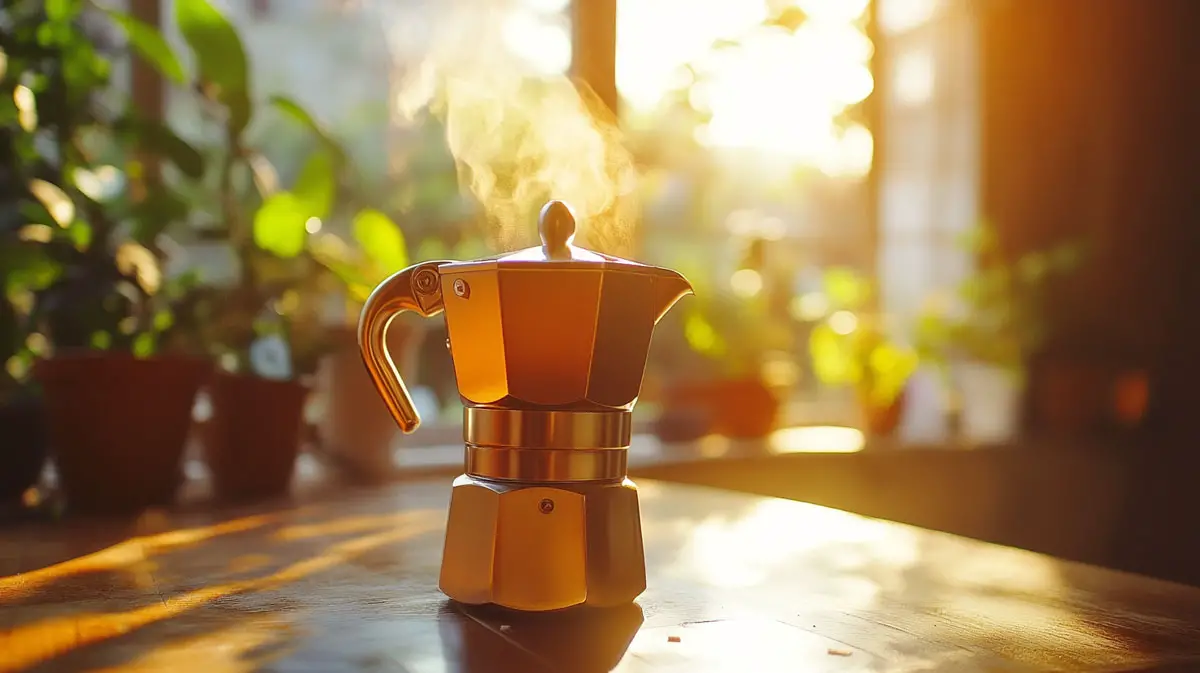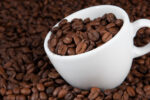This Is What You Need to Make the Best Coffee

There’s nothing quite like a fresh cup of coffee to start your day. But what if you could make that cup of coffee even better? Whether you’re a seasoned coffee lover or just beginning to explore the world of home brewing, knowing the essentials can help you brew the perfect cup every time. One of the key elements to consider when making great coffee – or if you are renting a coffee machine – is choosing the right Moka Pot. But what else do you need? Let’s explore the tools, techniques, and ingredients that can transform your coffee experience.
Choosing the Right Coffee Beans
The journey to a great cup of coffee begins with the beans. Not all coffee beans are created equal, so it’s important to choose wisely. You’ll find beans labelled as light, medium, or dark roast. Light roasts tend to be more acidic with fruity or floral notes, while dark roasts offer a bolder, richer flavour. If you’re not sure where to start, a medium roast is often a safe bet as it balances both acidity and body.
When selecting beans, consider whether they are single-origin or a blend. Single-origin beans come from a specific region and often have unique flavour profiles. Blends, on the other hand, mix beans from different regions to create a well-rounded taste. Freshness is also crucial. Try to buy whole beans and grind them just before brewing for the best flavour.
Grinding the Coffee
The way you grind your coffee beans makes a significant difference in the final taste. The grind size should match your brewing method. For example, a coarse grind works best for French press, while a fine grind is ideal for espresso. For a Moka Pot, you’ll want something in between—medium-fine is usually recommended.
Investing in a quality grinder can make all the difference. Burr grinders are often preferred over blade grinders because they produce a more consistent grind size, which leads to better extraction and flavour.
Water Matters
Did you know that water makes up about 98% of your coffee? That’s why the quality of the water you use is so important. Ideally, you should use filtered water to avoid any unpleasant tastes from chlorine or minerals. The temperature of the water also plays a key role. Too hot, and you risk burning the coffee; too cool, and the flavours won’t extract fully. The ideal water temperature for brewing coffee is around 90-96°C.
Choosing the Right Coffee Maker
When it comes to making the best coffee, choosing the right Commercial Coffee Machines is crucial. The type of coffee maker you select will greatly influence the flavour, strength, and overall experience of your brew. Whether you prefer the bold, espresso-like intensity of a Moka Pot, the rich and full-bodied texture of a French Press, the convenience and consistency of a drip coffee maker, or the barista-quality results of an espresso machine, each method has its own unique advantages. If you’re leaning towards the Moka Pot, choosing the right Moka Pot is essential to ensure you get the perfect balance of flavour and strength. Consider your taste preferences, how much time you want to invest in brewing, and how many cups you typically drink to find the coffee maker that’s perfect for you.
Brewing Time and Technique
Brewing coffee is both an art and a science. Once you’ve got your beans, grind, and water ready, it’s time to brew. The method you choose will affect the flavour, body, and strength of your coffee. Whether you’re using a Moka Pot, French press, or drip coffee maker, each method has its own set of guidelines.
For a Moka Pot, keep an eye on the process. It usually takes about 5-7 minutes, and you should remove the pot from the heat as soon as you hear a hissing sound. This ensures that the coffee doesn’t over-extract and become bitter.
The Final Touches
Now that you’ve brewed your coffee, it’s time to enjoy it. But there are a few final touches that can elevate your coffee experience even more. Some people like to add milk or cream, while others prefer a sweetener like sugar or honey. You could also experiment with spices like cinnamon or nutmeg for a unique flavour twist.
If you’re feeling adventurous, why not try different brewing methods or coffee bean varieties? Each offers a new taste experience, and the possibilities are endless.










